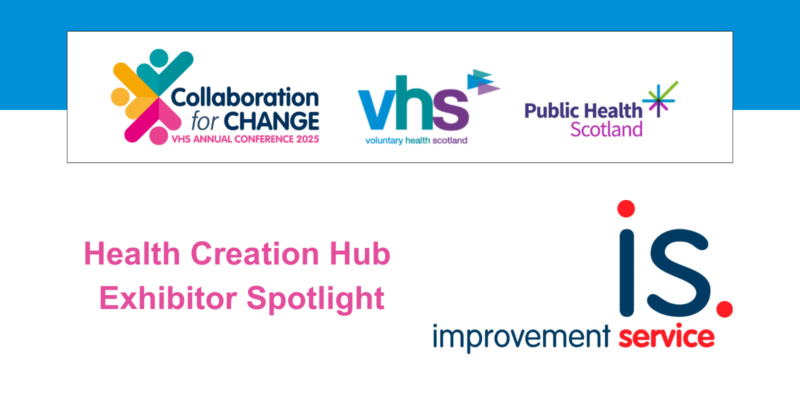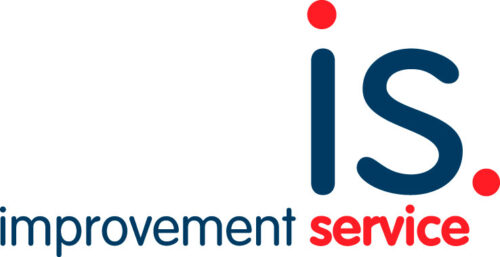
The Improvement Service (IS) supports Local Government in Scotland to provide effective community leadership, have strong local governance, and to deliver high-quality local services. The IS has a dedicated evaluation team which works with local councils and their community planning partners. Measuring and valuing the impact of activities continues to be a key objective of the evaluation service both internally and across the public sector. Several of the activities or projects that the team have been involved in evaluating have directly or indirectly tackled health inequalities in Scotland.
In 2017 the IS published a Social Return on Investment (SROI) analysis of the benefits of providing access to welfare rights advice in GP Practices in Dundee and Edinburgh. Described as a Welfare Advice and Health Partnership (WAHP), this approach is based on the welfare rights advisor being embedded in the GP Practice team and offers a non-stigmatising way of accessing advice services. The analysis was carried out in partnership with Dundee City Council and Granton Information Centre.
SROI is a stakeholder informed process which places a financial value or monetises the changes experienced. This allows a ratio of investment to social, economic and environmental benefits to be calculated. This study identified a range of benefits, as well as enabling medical staff to focus on clinical issues. It found that individuals were more likely to access the advice they needed. Individuals also increased household incomes and had improved health and wellbeing.
Partly as a result of this work, in 2021 Scottish Government invested in a ‘Test and Learn’ of Welfare Advice and Health Partnerships across 150 GP practices within eight local authority areas. This was expanded in July 2022 to include a further 30 practices across rural and island communities covering, in total, 14 local authority areas. The evaluation found that 57% of the individuals seeking advice were economically inactive as a result of ill health.
As a result of the advice they received, individuals made financial gains of around £23million. The majority of which came from Adult Disability Payment and Adult Disability Assistance. As 89% of all individuals had never previously sought advice the IS were able to demonstrate that this way of delivering access to advice helps individuals to get the benefits to which they are entitled and increases the household income of individuals with health conditions.
As highlighted in the ‘Tackling the inverse care law in Scottish general practice’ report produced by the University of Glasgow and the University of Edinburgh, published in July 2023, WAHPs are an effective model to address health inequalities. The significance of this work is highlighted by the clear link between poverty and health inequality. Recent reports highlighting a difference of between around 25 years in life expectancy for men and women in the most deprived areas compared to those in the most affluent.
The IS has collaborated with other organisations to carry out evaluations that demonstrate the impact of their activities on health and wellbeing. Examples include an energy advice project in Fife (Cosy Kingdom) and a social enterprise in Glasgow (MissMsMrs).
The role of the IS is not to deliver projects but to support and enable organisations to demonstrate the impact of their activities on reducing the health inequalities experienced by individuals. Reports produced by the IS can help improve decision making which should result in investment in activities that have proven to be effective.
 We’re excited to have Improvement Service exhibiting in our Health Creation Hub at this year’s Annual Conference.
We’re excited to have Improvement Service exhibiting in our Health Creation Hub at this year’s Annual Conference.
Make sure to drop by and see their stall!
